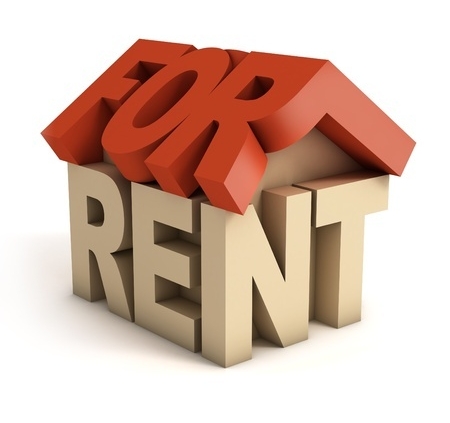Post #6 – How Can HCBT Help
In the previous posts, we outlined:
- tax compliance and reporting issues that S1 & S2 had not dealt with;
- how HCBT could help correct prior year problems / reduce penalty exposure through a VDP submission;
- assist with CofC submissions and the reporting of the property sale;
What we cannot do is eliminate the incremental stress and professional costs of dealing with tax authorities in a time crunch before a pending sale.
What can be learned from this?
There are important triggering life events when every taxpayer should seek appropriate and timely professional advice. In the cross border context, all moves between countries requires professional advice. The tax and financial consequences in both the departure and arrival country must be identified in advance. It is imprudent to assume there are no changes from your current domestic situation or that issues can be reviewed after the move. Often, compliance or planning issues can only be dealt with properly, before the move. Although rare, it is conceivable that a tax / financial issue created by a transfer between countries could be sufficiently important, to rethink the move decision.
In a Canadian domestic context, any change in use of any real estate from personal to rental / business use, creates tax consequences, whether or not properties are sold. Failure to consider these issues in advance could be costly.
HCBT has realized that sharing peoples past tax situations can be a very valuable learning tool to our clients and community. We will continue to publish sanitized client situations in future posts. In the meantime, if you need or know someone who needs our assistance on cross border or other Canadian / US tax issues please contact us.


